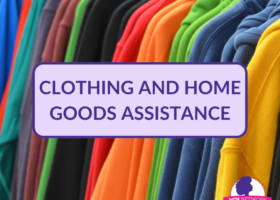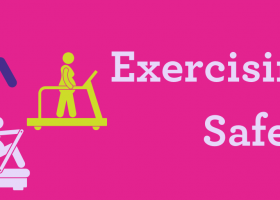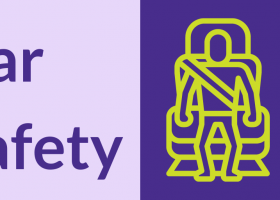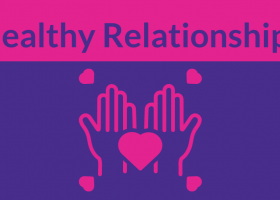Tobacco, Alcohol, and Drugs
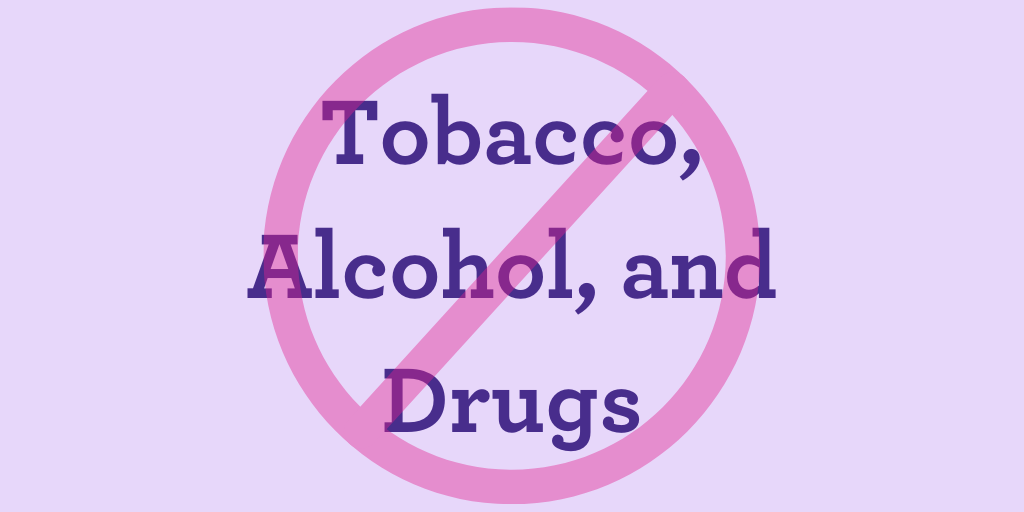
Smoking, drinking alcohol, and using drugs may seem like the easy solution when you’re stressed out. But these substances are harmful to both you and your growing baby. When the worries and challenges start piling up, there are lots of healthy ways to deal with the stress that you may be feeling.
No amount of substance use is safe during pregnancy.
How drinking alcohol affects a baby:
- High risk for Fetal Alcohol Syndrome, which causes birth defects or mental disabilities
- Miscarriage
- Stillbirth
- Low birth weight
- Mental disabilities
- Learning problems as your child grows
- Medical problems, such as problems with your child’s heart
Drugs are prescribed to help not harm. Using drugs outside of the way they’re prescribed is abuse. Abusing any drug – pills, weed, cocaine, or ecstasy – is dangerous for you and your baby.
How drugs affect a baby:
- Miscarriage or stillborn
- Addiction to those drugs
- Born very small, sick, and early
How smoking affects a baby:
- Born very small, sick, and early
- Lung and brain damage
- Increases the risk of abnormal bleeding for you and your baby during pregnancy and birth
- Increases the risk of SIDS (Sudden Infant Death Syndrome)
You may know people who have used these harmful substances and still had healthy babies. They were lucky, but do you want to take that risk? Finding healthy ways to deal with stress and pain will protect your health, your family, and your future.
Get help
If you are using any of these substances, it’s not too late to quit and get help. There are many resources available to you and people who want to help. Quitting isn’t easy, but you are strong. You can do it. It’s the best thing that you can do to take care of you and your family.
- You need to get prenatal care now. You need to see your doctor right away if you’re using heroin or other drugs, especially if you’re pregnant. Social services may get involved if you don’t get help within the first 6 months of your pregnancy. Getting prenatal care is the only sure way you and your baby will have a healthy life together.
- You can’t get help from others if you hide your drug problem. You need someone you trust to help you. They can suggest a prenatal care provider or call the Alcohol and Drug Helpline 1-800-662-HELP(4357). They’ll help you find a local rehab center, offer help for your drug problem, and other centers for prenatal care.
- There are ways to quit your habit safely during pregnancy. You’ll still have a healthy baby. There are methadone programs for pregnant women, and they work. Quitting without this will hurt your baby and you. You cannot do it alone.
- Don’t give up hope if you’re on drugs. It’s best to not use drugs at all. But if you slip, take a moment, forgive yourself, and keep going on your new path. This is a gift for you and your family.
Tip for Dad:
Be sympathetic to what mom is going through.
- Don’t smoke or drink around her if you think it will make it difficult for her to quit.
- Help remove things from around the house that may make her think of smoking or drinking. These include ashtrays, lighters, cigarette cartons, alcohol bottles, and bottle or wine openers.
- Ask Mom if there is anything that you can do to help. She will appreciate your support.
Local Resources:
- Henry Ford Maplegrove Center: A chemical dependency treatment facility in the Detroit metropolitan area, for problems associated with drugs, alcohol, gambling and other issues.
- Emergency Telephone Service & Suicide Prevention Center: Neighborhood Service Organization’s free, 24-hour hotline offers you referral services, counseling for individuals experiencing mental health, substance abuse, or any additional problems. Call 1-888-360-WELL(9355).
- Life Challenge: This is a 1-year residential program in northwest Detroit for men and women with drug, alcohol, and other life-controlling addictions to become clean and sober.
- Detroit Recovery Project, Inc.: This organization offers a number of programs for substance abuse rehabilitation through various support services at locations throughout the city.
- Detroit Rescue Mission Ministries: They provide addiction and recovery treatment, case management, and counseling at different locations in the city.
- Many Medicaid programs cover the nicotine patch and nicotine gum. Call 1-888-367-6557 or visit The MDCH Medicaid Page.
- The Michigan Tobacco Quitline offers free telephone coaching to help quit smoking. Callers without insurance may qualify for free nicotine patches. Call 1-800-QUIT-NOW (1-800-784-8669).
- Detroit-Wayne Integrated Health Network: This organization provides access to behavioral health services and crisis management resources. They also have a 24 hour Crisis Care Center that operates seven days a week. You can either call 313-989-9444 or you can walk-in to their in-person location found at 707 W. Milwaukee Ave. Detroit, MI 48202.
- Henry Ford Tobacco Treatment Services: Henry Ford Health offers a free treatment program that helps individuals quit tobacco and nicotine. The program includes one-on-one coaching and group classes.
